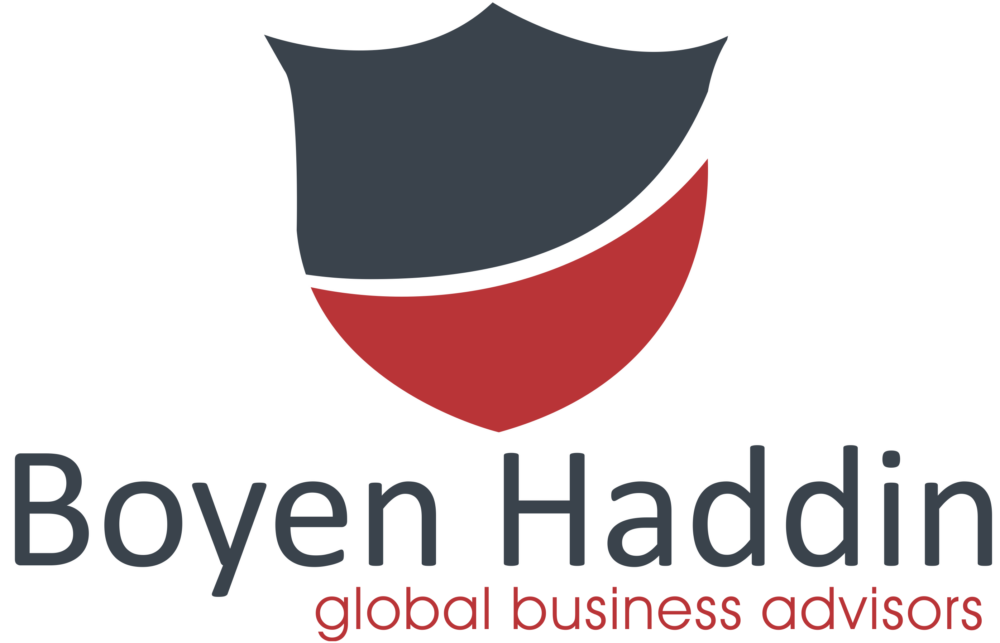The Role of Leadership in Organizational Development
Leadership plays a crucial role in organizational development, as effective leadership sets the tone, direction, and culture for an organization. Organizational development is a planned effort to increase an organization’s effectiveness and health, which includes improving processes, systems, and people. Here’s how leadership contributes to organizational development:
Setting a Vision and Strategy: Leaders define the organization’s long-term vision, goals, and strategic direction. This provides a clear sense of purpose and direction for the entire organization.
Creating a Positive Organizational Culture: Leaders shape the organizational culture through their actions, decisions, and behavior. A positive culture fosters teamwork, innovation, and employee engagement, which are essential for development.
Communication and Alignment: Effective leaders communicate the organization’s goals, values, and expectations clearly and consistently. They ensure that everyone in the organization understands and aligns with these principles.
Building and Developing Teams: Leaders are responsible for assembling effective teams, providing opportunities for skill development, and fostering collaboration. A well-functioning team is critical to achieving organizational objectives.
Change Management: Leaders often initiate and oversee changes in processes, structures, or strategies. Their ability to manage change effectively can significantly impact the success of organizational development efforts.
Innovation and Adaptation: Leaders encourage a culture of innovation and adaptability, which are essential for an organization to stay competitive and evolve.
Performance Management: Leaders set performance expectations and provide feedback to help employees grow and contribute to the organization’s development.
Resource Allocation: Leaders make decisions about resource allocation, including budgeting and investment in technology, training, and development initiatives that support organizational growth.
Conflict Resolution: Leaders address conflicts and issues within the organization promptly and constructively to maintain a healthy work environment.
Leading by Example: Leaders lead by example, demonstrating the behaviors and values they expect from their teams. This consistency helps establish organizational norms and standards.
Continuous Improvement: Effective leaders promote a culture of continuous improvement by encouraging feedback, analyzing processes, and seeking ways to enhance efficiency and effectiveness.
Talent Development and Succession Planning: Leaders identify high-potential employees, provide mentorship and development opportunities, and plan for succession to ensure a pipeline of future leaders.
Ethical Leadership: Ethical leadership is essential for maintaining trust within an organization and the broader community. Leaders who uphold ethical standards set the tone for ethical behavior throughout the organization.
Stakeholder Engagement: Leaders engage with various stakeholders, including employees, customers, shareholders, and the community, to ensure that organizational development efforts align with their needs and expectations.
In summary, leadership is integral to organizational development as it provides direction, fosters a positive culture, and guides the organization through change and growth. Effective leadership creates an environment where employees are motivated, engaged, and empowered to contribute to the organization’s success and development.


